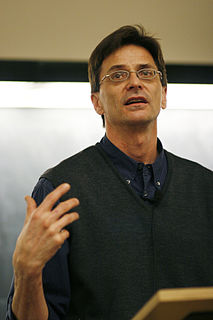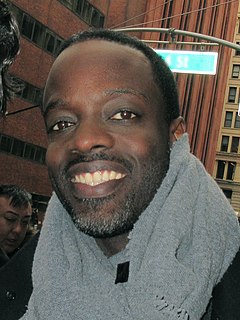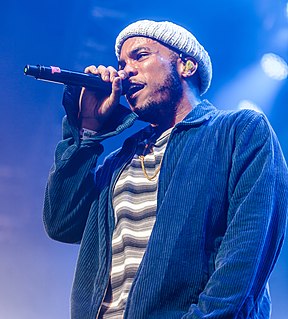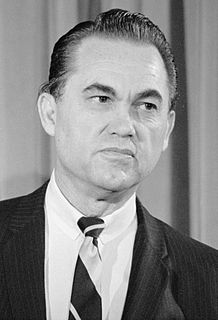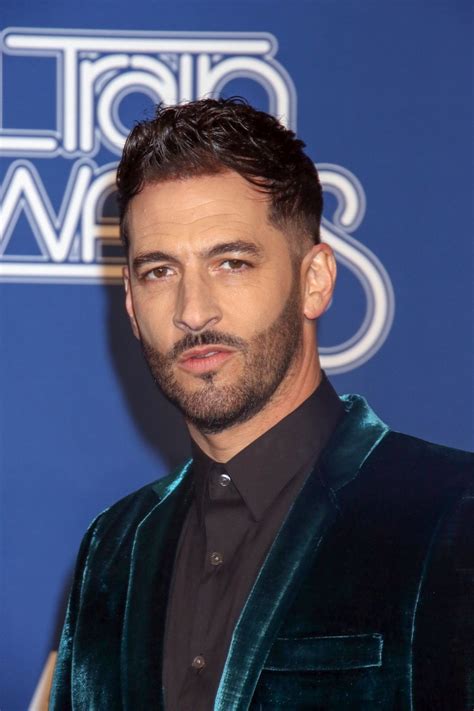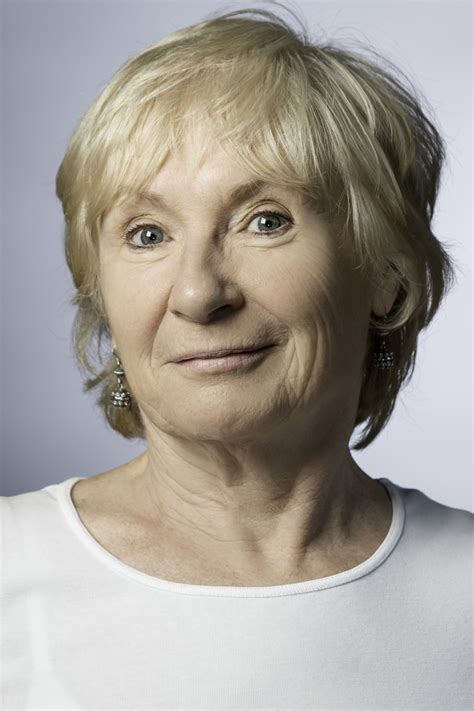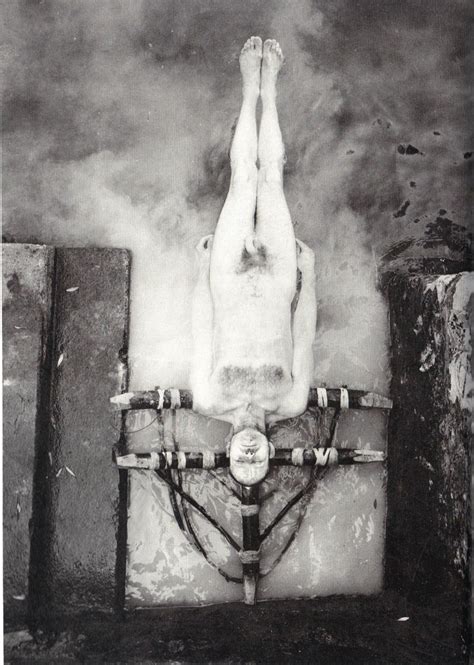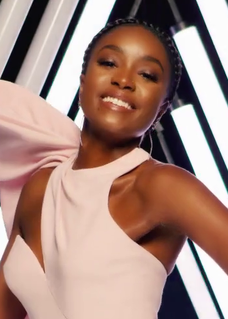A Quote by Vivek Shraya
I think white artists have a responsibility to be not only naming white supremacy, but to be using their power and privilege to support artists of color.
Related Quotes
We're all in the race game, so to speak, either consciously or unconsciously. We can overtly support white-supremacist racial projects. We can reject white supremacy and support racial projects aimed at a democratic distibution of power and a just distribution of resources. Or we can claim to not be interested in race, in which case we almost certainly will end up tacitly supporting white supremacy by virtue of our unwillingness to confront it. In a society in which white supremacy has structured every aspect of our world, there can be no claim to neutrality.
White artists have made millions of dollars off music they stole from black artists. I don't blame all the white artists. I'm a huge Stevie Ray Vaughn fan, and he was always very gracious about where he learned his music. But a lot of the time, you'd think the white guys thought it up. Hey, hasn't anyone heard of Muddy Waters?
If we're united, I wouldn't care about a White school board getting me a little something. The hell with the school board; that's the White supremacy board and the White supremacy board wants you reading stupid books rooted in the idea of White supremacy. I don't want a thing to do with White supremacy.
…“white supremacy” is a much more useful term for understanding the complicity of people of color in upholding and maintaining racial hierarchies that do not involve force (i.e slavery, apartheid) than the term “internalized racism”- a term most often used to suggest that black people have absorbed negative feelings and attitudes about blackness. The term “white supremacy” enables us to recognize not only that black people are socialized to embody the values and attitudes of white supremacy, but we can exercise “white supremacist control” over other black people.
I am obsessed by the idea of silence. I went through an entire library studying art, artists and their critics, philosophers, too, on the meaning and significance of the color white. I dreamed of white birds and white bears. I thought about the white pages of my mother's journals. I became enthralled with John Cage and his work, 4'33”, his masterpiece of ambient sound. Rauschenberg, too. And then at some point I let go. What sticks to the soul is what gets placed on the page. Maybe that's the unknown part, the mystery, the power of the empty page.
To solve the new century's mounting social and environmental problems, people of color activist and white activists need to be able to join forces. But all too often, the unconscious racism of white activists stands in the way of any effective, worthwhile collaboration. The Challenging White Supremacy Workshop is the most powerful tool that I have seen for removing the barriers to true partnerships between people of color and white folks. If the CWS trainings were mandatory for all white activists, the progressive movement in the United States would be unstoppable.
People approach people of color with preconceived ideas. I don't think this is just restricted to white people, but I think that lots of black and white artists, when race is a subject matter, they put race or the ideology around race first. They don't see the person and the complications of the human being.
White privilege allows a certain kind of leisure that can be deployed by white people of advantage toward our restoration. That's all true and good. But it also suggests that there is an individual approach to the issues that many of these white people have taken up as a recognition of their tie to and responsibility for some of the inequities that exist. And I don't think it has to be an either-or. I think it has to be a bifocal approach.

